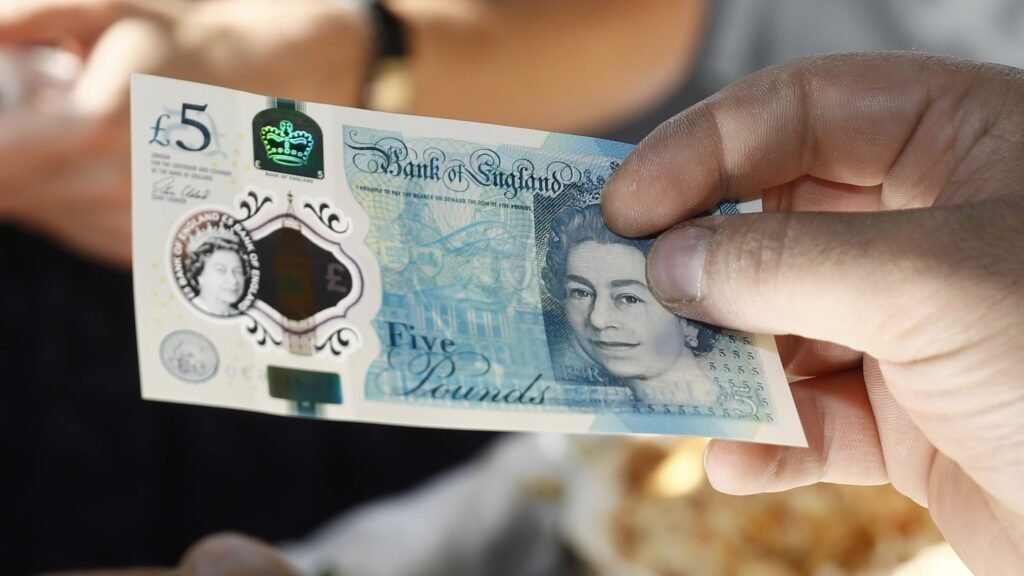Pound plunges amid UK economic collapse
On Friday, the pound dropped against the dollar as fresh data painted a bleak picture of the UK economy. After gaining on Thursday when Prime Minister Liz Truss announced her resignation, the pound fell to $1.11.
On Friday night, it recovered some of its losses and was back up to about $1.12 against the dollar. After official data revealed that government borrowing increased to its second-highest September on record, the pound experienced volatility.
According to data from the Office for National Statistics, consumers are purchasing less than they did prior to the coronavirus outbreak (ONS). Following a period of erratic trading for the currency, the pound recently fell.
Last month, it hit a record low versus the dollar while the cost of borrowing money from the government shot up after the mini-budget. The government’s pledge of large tax cuts without a plan for how to pay for them alarmed investors.
On Friday, the cost of borrowing money from the government also increased marginally.
Late on Friday, a decline in the value of the US dollar against a variety of other currencies helped the pound gain some ground.
But according to Jane Foley, a currency analyst at Rabobank, investors are largely responsible for the pound’s movements since they are responding to the political and economic unrest in the UK as well as the dismal economic statistics.
Despite the fact that the British pound increased in value following Truss’ departure, she claimed that investors now understand that a market-friendly outcome to the Conservative leadership election is not a given.
The Treasury confirmed that the Chancellor, Jeremy Hunt, was scheduled to release his economic plan on October 31. However, there are rumors that the leadership election may cause a delay. According to Ms. Foley, the pound was also suffering from similar uncertainty. “The worse it will be for the markets, the longer the uncertainty persists.”
UK inflation surge: Has the empire collapsed?
The cost of living is increasing again at its fastest rate in 40 years. The rising prices of food and energy are the main causes.
What does inflation?
Inflation is the increase in the price of something over time.
For example, if a bottle of milk costs £1 and it goes up to £1.05 a year later, then milk inflation is 5%.
Why are prices rising so fast?
Increased energy prices are a key reason things are getting more expensive. Demand for oil and gas increased because of the end of Covid restrictions. However, the war in Ukraine meant less was available from Russia.
The war in Ukraine also led to food prices going up, by reducing the amount of grain available and pushing up costs.
It hit its highest level since April 1980, with store cupboard staples such as bread, pasta, butter, and eggs all seeing a big increase.
Are wages keeping up with inflation?
